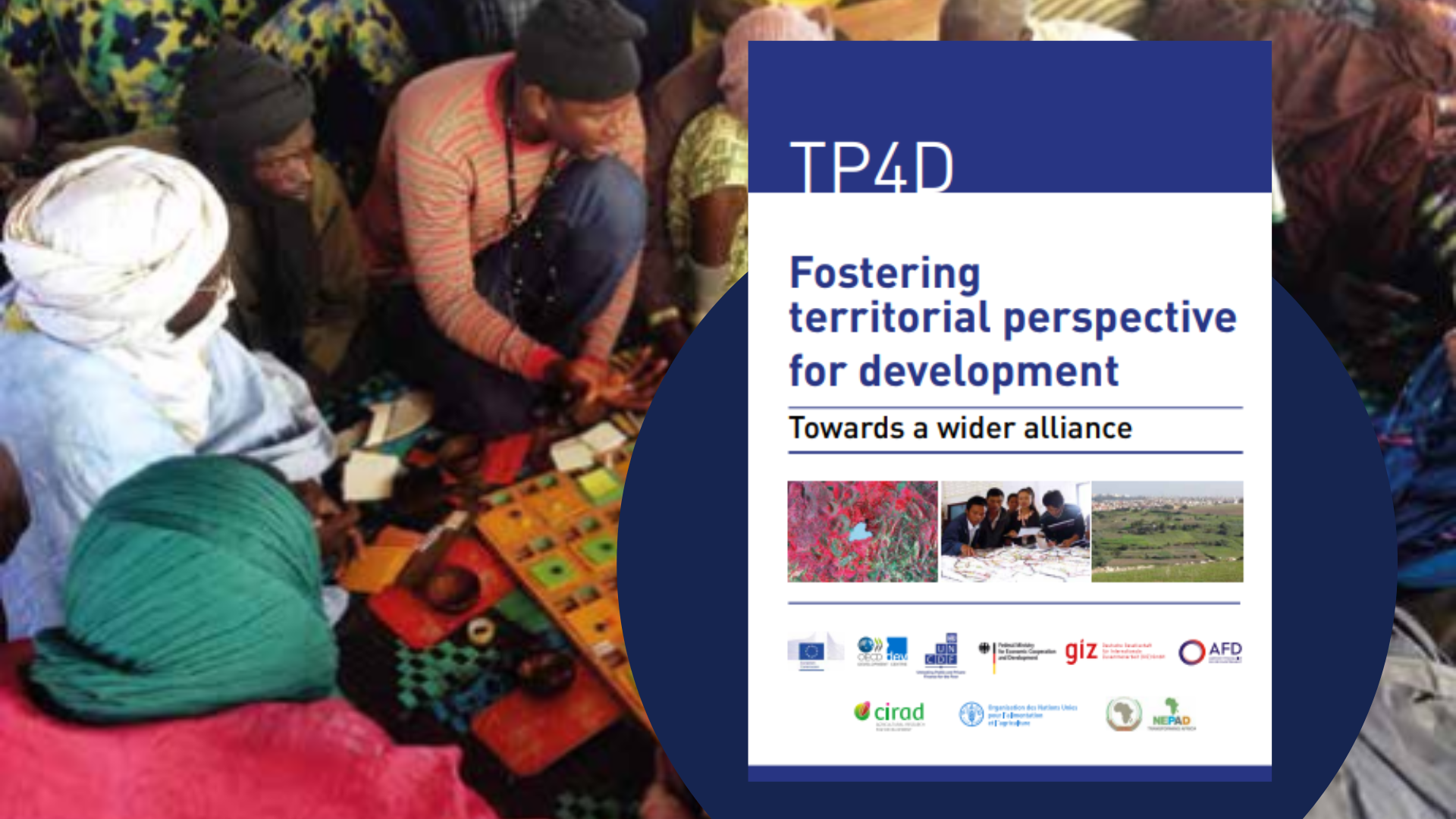Territorial approaches are increasingly recognized as a powerful tool for improving development outcomes. This new white paper, released by a group of Platform members and partners provides an overview, discusses opportunities and calls for an international alliance to implement development-focused territorial approaches.

For several years, territorial approaches to development have been spreading within international organisations and among development partners. Territorial approaches are increasingly recognized as a powerful tool for improving development outcomes.
The recently released paper aims at enhancing a common understanding of territorial approaches and calls for a wider alliance between development practitioners, researchers, international organisations, donors, and governments for supporting the adoption of territorial perspectives in policy, program, project design and implementation. It draws from the experiences from many stakeholders over the past years. The group joined forces last January 2018 after the international CIRAD conference “Living Territories” held in Montpellier, France. The Platform members and partners involved in the drafting process include European Commission, BMZ, AFD, CIRAD, GIZ, OECD, FAO, UN CDF and NEPAD. Meanwhile other organisations have joined the group.
The partners involved call for an international alliance to:
Promote and raise awareness of territorial approaches as a means for the implementation and measurement of progress and the concrete achievement of the SDGs;
Engage development partners (governments, academia, civil society organizations, regional organizations, private sector) to mainstream territorial approaches in their programs;
Mobilize multi-disciplinary research to enhance the knowledge base and strengthen the theoretical and operational framework, as well as tools and methodologies to build a sound theory of change and support the paradigm shift based on proven and successful practices;
Build the capacities of and empower national and local institutions and actors, notably women and young people, to better participate in the design of their future.












































































































































































































